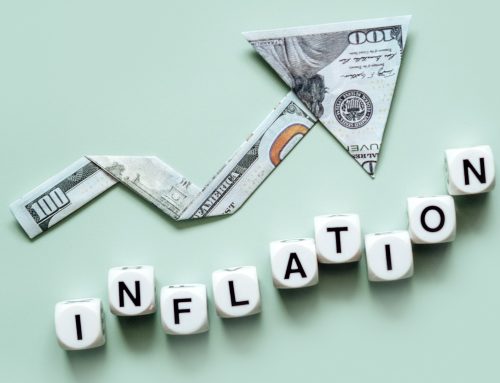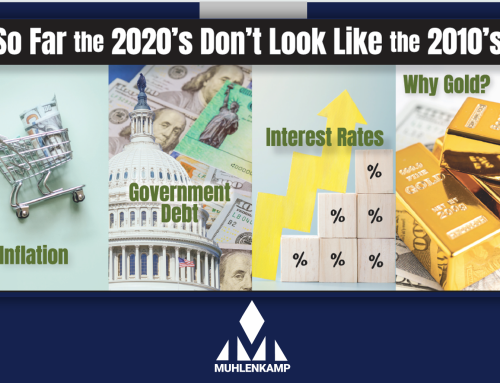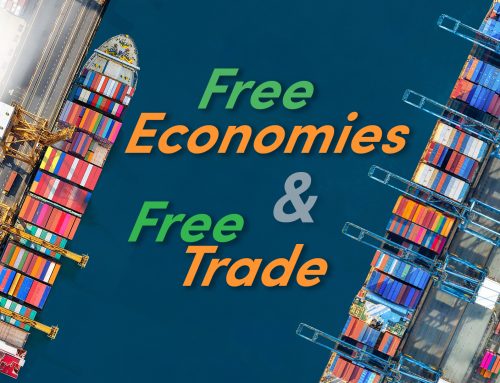
Letter to My Daughters: On Economic Laws
Previously, I’ve written to you about “Intelligent Investment Management” and how we need to be rational and thoughtful as we make investment decisions. One of the areas that investors must consider rationally is political economies, which are the systems people create to organize their interactions in ways that are mutually beneficial. Remember, there are no politics without economics, and there is no economics without politics, so we MUST think in terms of political economies.
Much like physical (as in physics) relationships, political-economic relationships are governed by laws that govern how things work and what is possible to achieve. We can break ourselves AGAINST these laws, but we cannot break the laws themselves. Gravity is a good example of this in the physical world. If we understand gravity and the principles of aerodynamics, we can fly. If we ignore those laws and those principles, we crash and burn. Gravity is indifferent to either outcome since in all cases the law of gravity is obeyed.
Economic laws are similar in terms of consequence, but different in that they tend to take longer for the results of breaking the laws to become evident. Unfortunately, we can go for LONG periods of time breaking ourselves against the laws of economics without suffering any adverse consequences; yet time and time again, we see what happens when people, countries, and societies fail to obey the laws. They crash and burn.
What are some of the economic laws I am talking about?
- Goods and services have to be produced before they can be consumed.
- If you want to consume more than you produce, you have to start by consuming less than you produce. You must save the difference and invest what you save to build the tools needed for additional production.
- There is a finite amount of goods or services available to consume, and a finite amount of capital to invest (commonly referred to as “scarcity”), so people must choose from among different courses of action, and some choices will reduce the welfare of the consumer and investor. In other words, actions have consequences.
- Free interactions between producers and consumers produce optimal (if not always perfect) outcomes. The more you interfere with those interactions through controlling wages, prices, and interest rates, the less optimal the outcome. Unfortunately, we don’t always know how good the outcome COULD or SHOULD have been, so the costs of interference are not always known, or even knowable.
- Concentrating decision-making in a central government reduces the free interactions among producers, consumers, and investors; and reduces the amount of (scarce) capital available to producers, reducing productivity and overall prosperity to levels lower than they otherwise could have been.
As we align our political economies with these principles, we will be more prosperous and better able to care for the disenfranchised. On the other hand, the further we stray from these rules and principles, the worse the consequences, ultimately ending in recessions, depressions, and a reduction in our ability to care for the poor, the hungry, the sick, and the marginalized people in our society.
As Intelligent Investment Managers, we invest in the companies, and support the people and the policies, that are aligned with these principles because we think it will produce better investment results.
Let me know if I can help.
The opinions expressed are those of Anthony Muhlenkamp and are not intended to forecast future events, guarantee future results, or offer investment advice.
Investing involves risk. Principal loss is possible.








